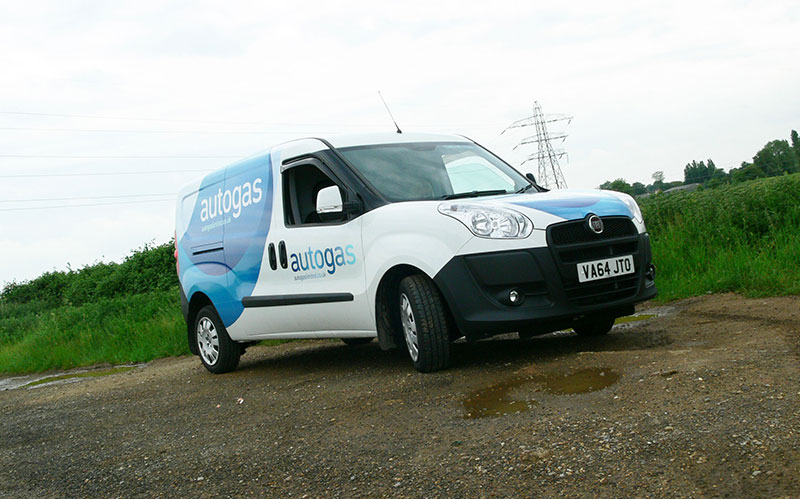Fiat Doblo Cargo Maxi Autogas LPG conversion review
Any van fleet operator who was in the job in the early 2000s will well remember the debacle that surrounded the use of liquefied petroleum gas (LPG).
In a nutshell, the Government offered fleets various incentives to take up this cleaner fuel, manufacturers responded by producing a number of LPG van variants, the Government then withdrew these incentives, residual values plummeted and many fleets got their fingers badly burned.
With a history like that, it would be easy to assume that LPG was well and truly dead. But life is rarely that simple
With a history like that, it would be easy to assume that LPG was well and truly dead. But life is rarely that simple.
The fact is that, subsidies or no subsidies, LPG still offers considerable cost savings and, admittedly in a smaller way, gas power is still very much alive. And – by the way – there are major emissions savings too, which may or may not be as important to you as the financial considerations.
With more and more questions being raised about the harmful emissions from diesel engines, LPG specialist Autogas is making a bid to talk up the benefits of gas power and on paper it looks a convincing tale. To see if these paper benefits turn out to be real ones, Autogas lent us a Fiat Doblo Maxi with a gas conversion to review – and we were left pretty impressed at the end of our test week.
To get one of these – Autogas will convert anything with a petrol engine – you have to buy your own van and get it converted at an Autogas site – there will be 20 altogether in the UK by the end of the year. As part of the conversion you get a little display on the dash with a row of green lights to show how much gas is in the tank (see picture) and a booklet telling you where you can buy LPG.
Our van weighed in at £14,846 ex-VAT and the conversion costs £1,450 ex-VAT. Autogas reckons the van will cost 10p per mile running on gas and 17p per mile on petrol, so according to our calculations, the conversion should pay for itself after 20,000 miles, after which time you’ll be raking in a fair mount of dosh, more of which later.








Leave A Comment